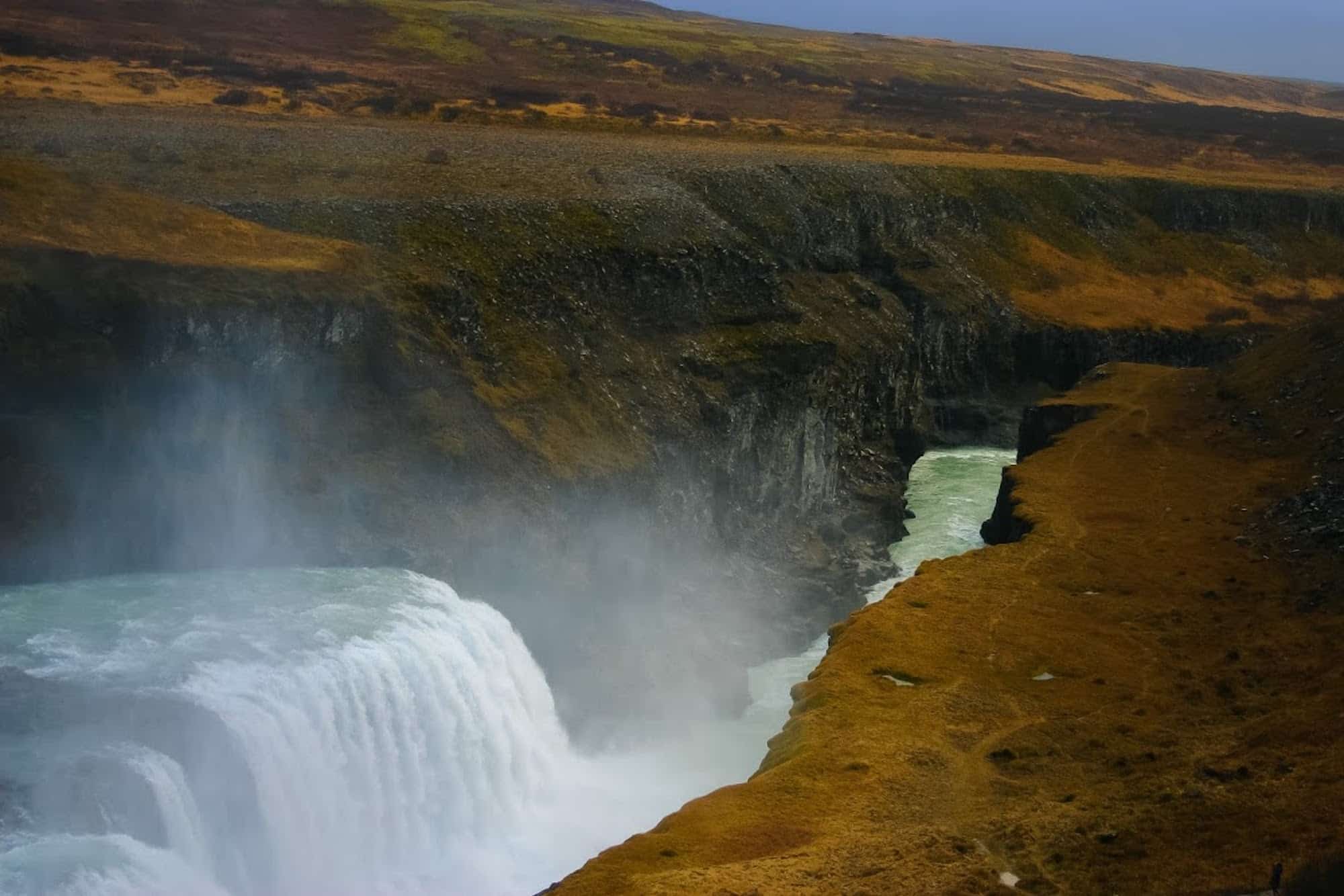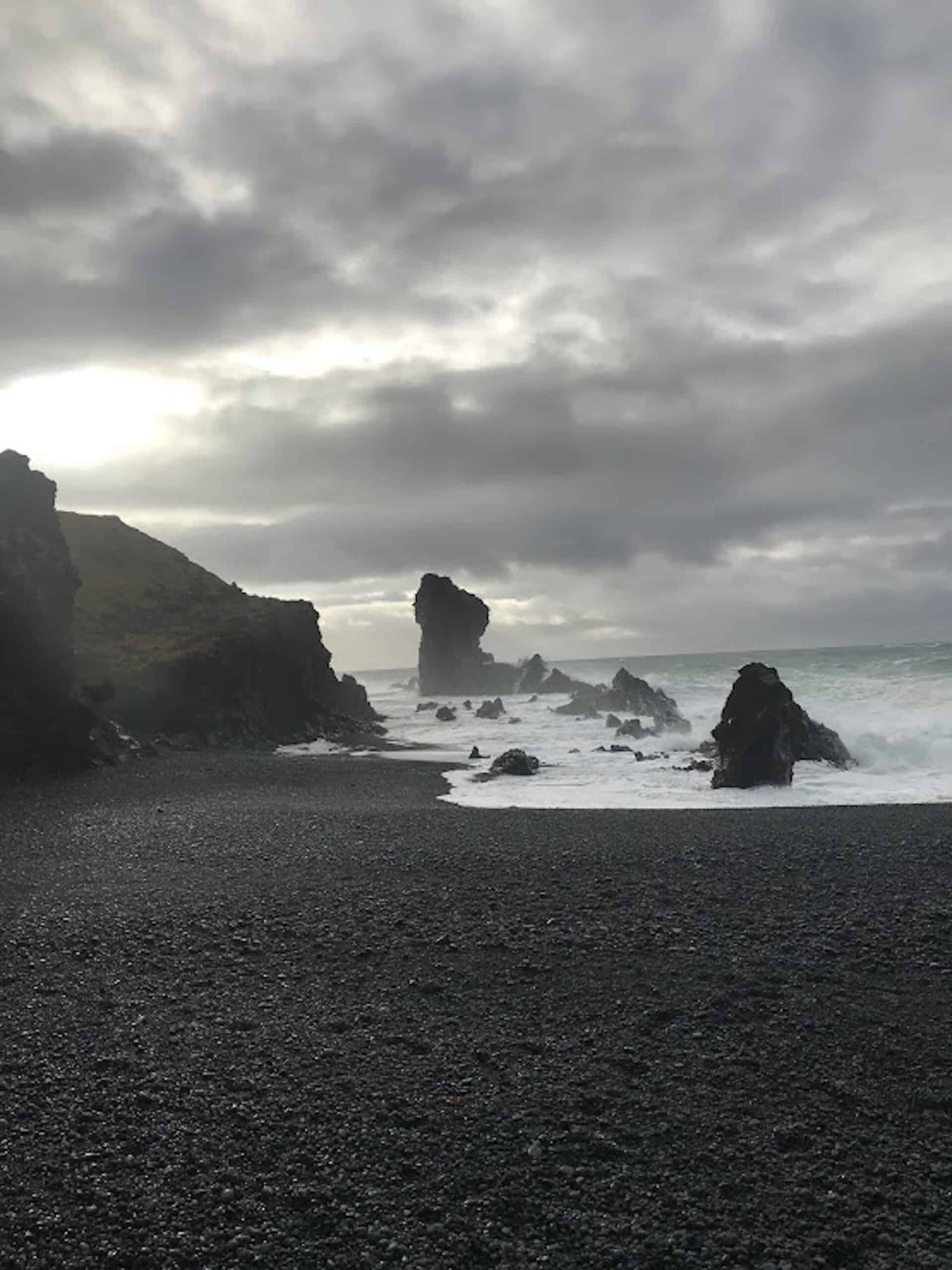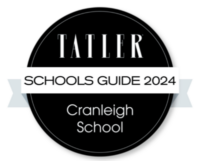Geography is the study of the earth’s landscape, people, places and environment. Simply put, it helps us to make sense of the issues affecting people and nature in the world around us.
It is often seen as a unique bridging subject between the natural (physical geography) and the social sciences (human geography) in which students benefit from learning about how physical and human environments interact, how their lives are connected with other people and places, and why and how the world’s landscapes and societies are changing in the early part of the 21st century. The analytical skills it requires and the development of a sense of social and environmental responsibility are transferable to many different contexts, and geographers have a fine reputation of going on to be successful graduates and business leaders.
Geography at Cranleigh is a thriving subject. You will study a diverse range of contemporary issues and the processes that cause them: development and inequalities, the climate crisis and fragile environments, climatological and tectonic hazards, how and why places change, and the issues affecting urban communities in different parts of the world.
Lower School
Upper School
Trips & Events
Field trips are essential to enhancing student’s geographical understanding of the world and play a large part in the departmental teaching.
GCSE students are required to undertake two days of fieldwork, one related to human geography, studying urban change in Horsham and one related to the management of coastal environments in Swanage, Dorset.
At A-Level fieldwork provision is a little more extensive, with two days in the summer term of the Lower Sixth to West Wittering and Guildford examining a number of fieldwork strategies in order to prepare for a three-day residential course at Slapton Ley Field Study Centre, South Devon in the Michaelmas Term of the Upper Sixth.
The department also offers some very popular, non-compulsory, experiential trips to places all over the world on an annual basis moving forward. In recent years, this has included Morocco (2016), Iceland (2018) and Italy (2022).
Beyond School
Geography is a subject that is highly valued by universities as an A Level choice, combining well with both arts and science subjects. Choosing Geography will keep more options open at the university-level; geography opens doors to other degrees such as business and administrative studies, law, engineering and technology, and the other social and physical sciences.
The benefits of a geography degree continue well beyond graduation. Geography graduates are highly employable as students learn a wide range of transferable skills of value in the world of work, including numeracy, computer coding, data analysis, qualitative research, research design, communication skills, and critical thinking. Recent analysis by the Institute for Fiscal Studies placed Geography among the top subjects for graduate earnings in a wide range of career fields.
Geography is a great subject for any kind of career that involves the environment, planning, or collecting and interpreting data. Popular careers include: urban planning, surveying, conservation, sustainability, waste and water management, environmental planning, tourism, and weather forecasting. The army, police, government, research organisations, law and business world also love the practical skills that geographers develop. It can be useful for jobs with charities and in international relations, too.
Head of Geography
Rebecca Rogers
Head of Geography











